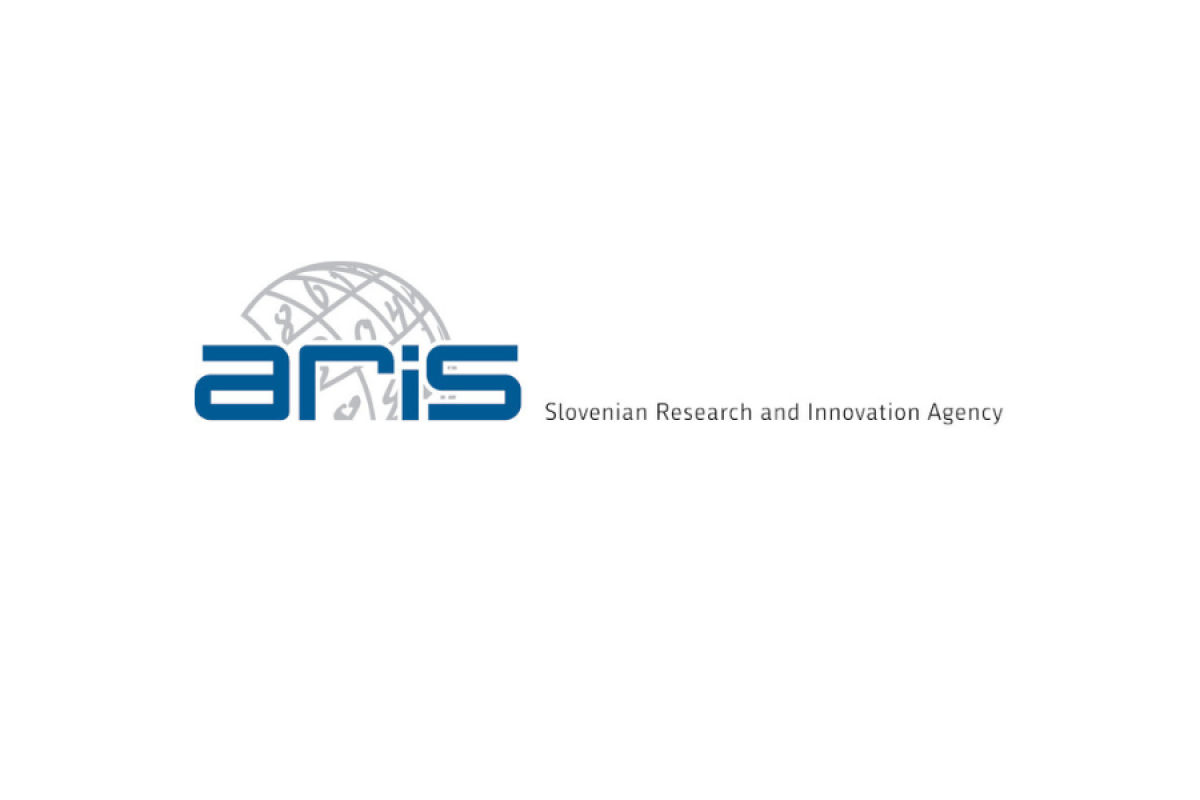
Corporate investment at the key to building a sustainable company: building a theoretical model and multimethod empirical analysis
Project
Member of University of Ljubljana
School of Economics and Business
Code
J5-4575
Project
Corporate investment as the key to building a sustainable company: building a theoretical model and multimethod empirical analysis
Period
1. 10. 2022 - 30. 9. 2025
Range on year
0,36 FTE
Head
Research activity
Social sciences/Economics
Research Organisation
Jožef Stefan Institute
Abstract
GOAL
The project takes a comprehensive approach to building a sustainable society by taking a bottom-up approach and asserting that a business shift toward sustainability is critical in all three dimensions (economic, social, environmental). The project:
1) Builds a theoretical framework for a “sustainable company” and establishes a set of determinants for corporate transformation towards sustainable companies in all dimensions (economic, social, environmental);
2) Evaluates the current situation in Slovenian companies (and EU);
3) Evaluates the investments towards a sustainable company in Slovenian firms and in the EU;
4) Evaluates the gap between existing and required investments to achieve a sustainable company;
5) Provides managerial and policy implications.
DATA SOURCES
The project is based on a multi-method approach, which is already evident in the data sources used. Due to the complexity of sustainable investments in companies, in addition to secondary public data sources (for macroeconomic and industry data, SORS, Eurostat, European Investment Bank, OECD, IMF), rich databases of protected micro-data (firm-level and employee registers) as well as other official datasets (survey data at SORS, annual accounts at SORS, data on subsidies to companies), and primary data sources (own survey data collection and in-depth interviews) will be used.
METHODOLOGY
Due to the diversity of the data, various methodological approaches will be used, ranging from bibliometric analysis and classical literature review to econometric analysis, structural models, and qualitative analysis.
RESULTS
The research results of the project will be:
(1) A comprehensive theoretical concept/ model of a sustainable company as a prerequisite for a successful transition to a sustainable economy/society, specifying the desired situation for each of the components of sustainability (focus points presented in Table 1).
(2) Identification of the gap between the actual and the desired situation in Slovenian companies in detail and in EU companies.
(3) Specification of a comprehensive model of the determinants of business investment dynamics (investment in the economic, social, and environmental dimension of corporate development, i.e. increasing tangible and intangible investment to increase productivity, improving health and age-mix practices, inclusion of disadvantaged groups, energy efficiency, waste management, etc.).
(4) An empirical analysis of investment dynamics in all “sustainable company components” in Slovenia at the aggregate and industry level and in comparison with the EU.
(5) Empirical analysis of the importance of corporate investment determinants (regulatory and macroeconomic environment, industry variables and determinants of investment activity at the company level - for tangible and intangible investments).
(6) Analysis of the impact of Covid-19 on the “sustainable” investment activity of companies to examine the impact of short-term cycles on the relationship between the “short-term survival” goals and long-term sustainable goals.
(7) Policy suggestions and managerial implications.
CONTRIBUTIONS
(1) A first comprehensive theoretical model of a sustainable company, which is a precondition to achieve sustainable development.
(2) The first comprehensive theoretical model of investment needs and investment determinants for each of the sustainability aspects at three levels (macroeconomic, industry determinants and enterprise-level determinants).
(3) The first systematic empirical analysis of sustainable investment activity in companies for Slovenia and comparatively with the EU with the help of combined databases of registered microdata and survey and qualitative data.
(4) Analysis of the importance of individual investment determinants for sustainability investments in Slovenia and comparative analysis with the EU. We will particularly focus also on barriers.
(5) Recommendations for economic policy measures.
(6) Recommendations for managers.
Researchers
The phases of the project and their realization
D1: Literature review on the role of the macroeconomic environment for firm investments: a review of theoretical and empirical literature
D2: Literature review on the role of the microeconomic and firm-level determinants for firm investments: a review of theoretical and empirical literature
D3: Building a sustainable company model and required investment
D4: Preparation of the request for data access
D5: Contract with SORS
D6: Data preparation and merger of databases at the Statistical Office of Slovenia (not public due to individual data protection
D7: A report on the dynamics and the role of macroeconomic and industry level determinants for investments in comparative EU perspective with detailed look at Slovenia
D8: A report on the results of the firm level micro-data analysis and the analysis of the structure and determinants of firm-level investments
D9: A report on firm-level survey results on the role of macro-economic, industry and firm-level determinants of investments D10: An integrated report of the finding from the analysis of macro, industry and firm level data investment determinants
D11: An integrated set of policy recommendations
D12: Stimulating investments at firm level: managerial implications
D13-D14: Newsletters on project activities, aimed at informing the relevant stakeholders about the importance of investments
D15-D16: Webinar for companies, presenting the results to managers
D17-D19: Webinar for policy-makers
D20: Final round table with presentation of results for managers and policy-makers
Citations for bibliographic records
Research project is (co)funded by the Slovenian Research and Innovation Agency

